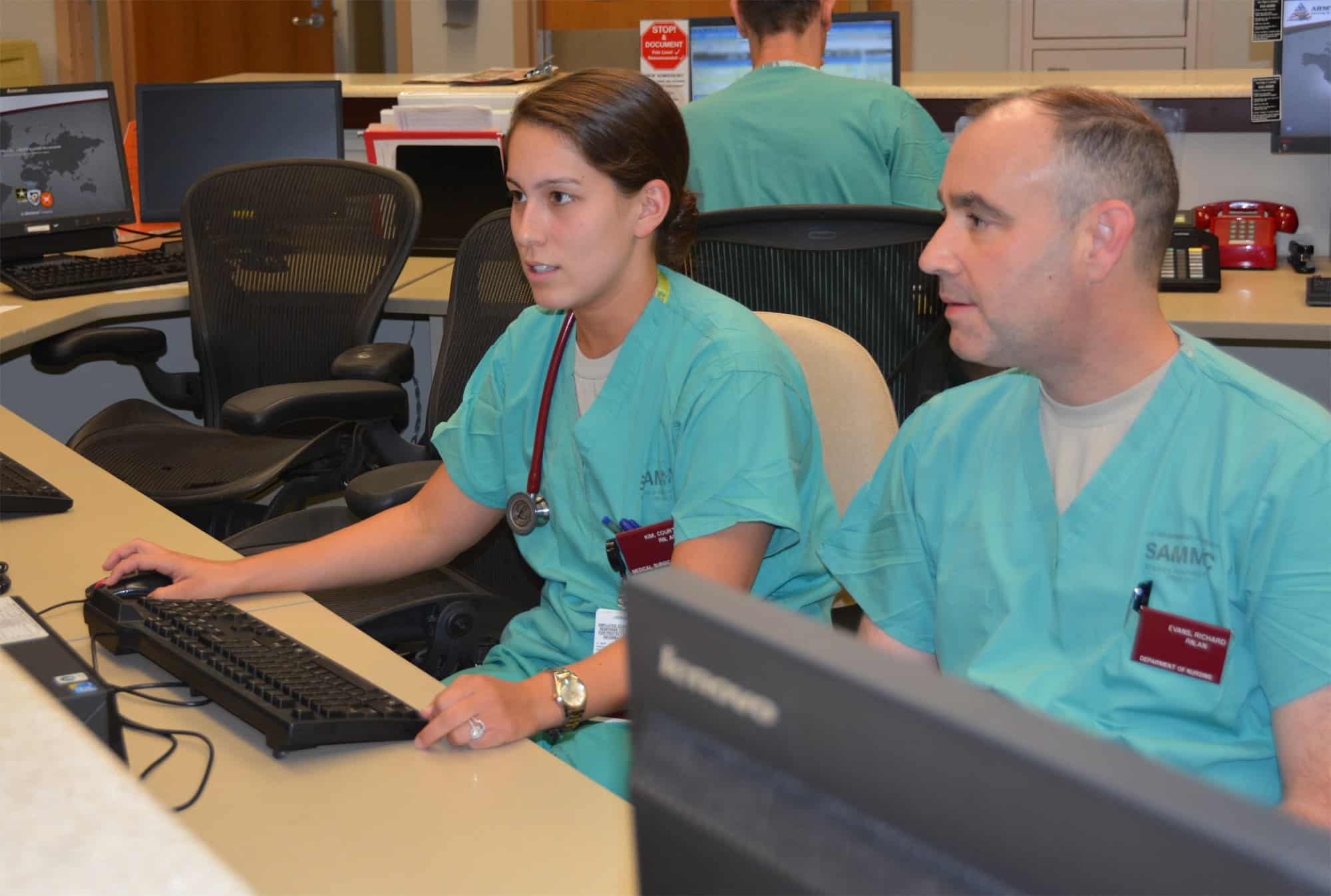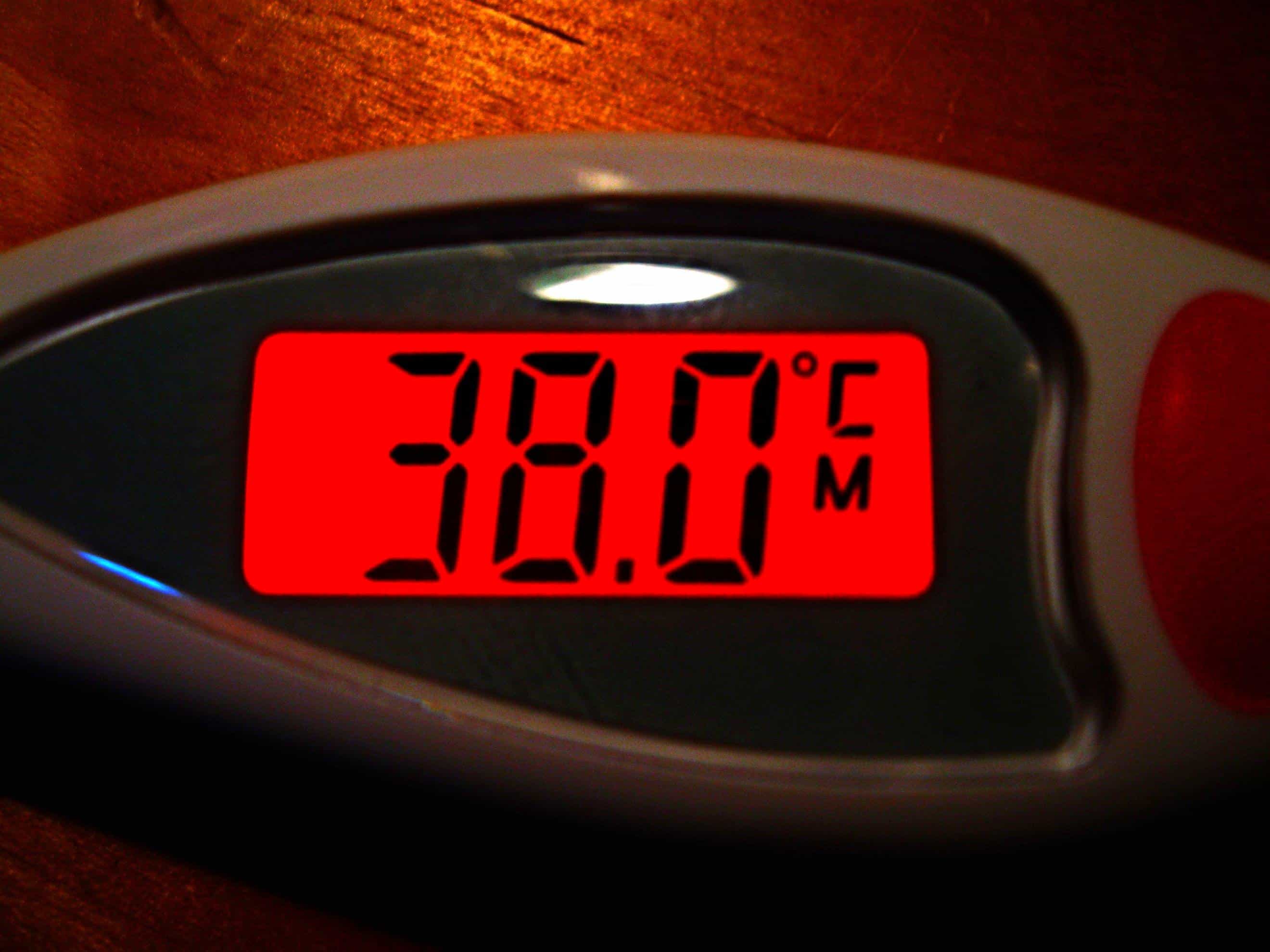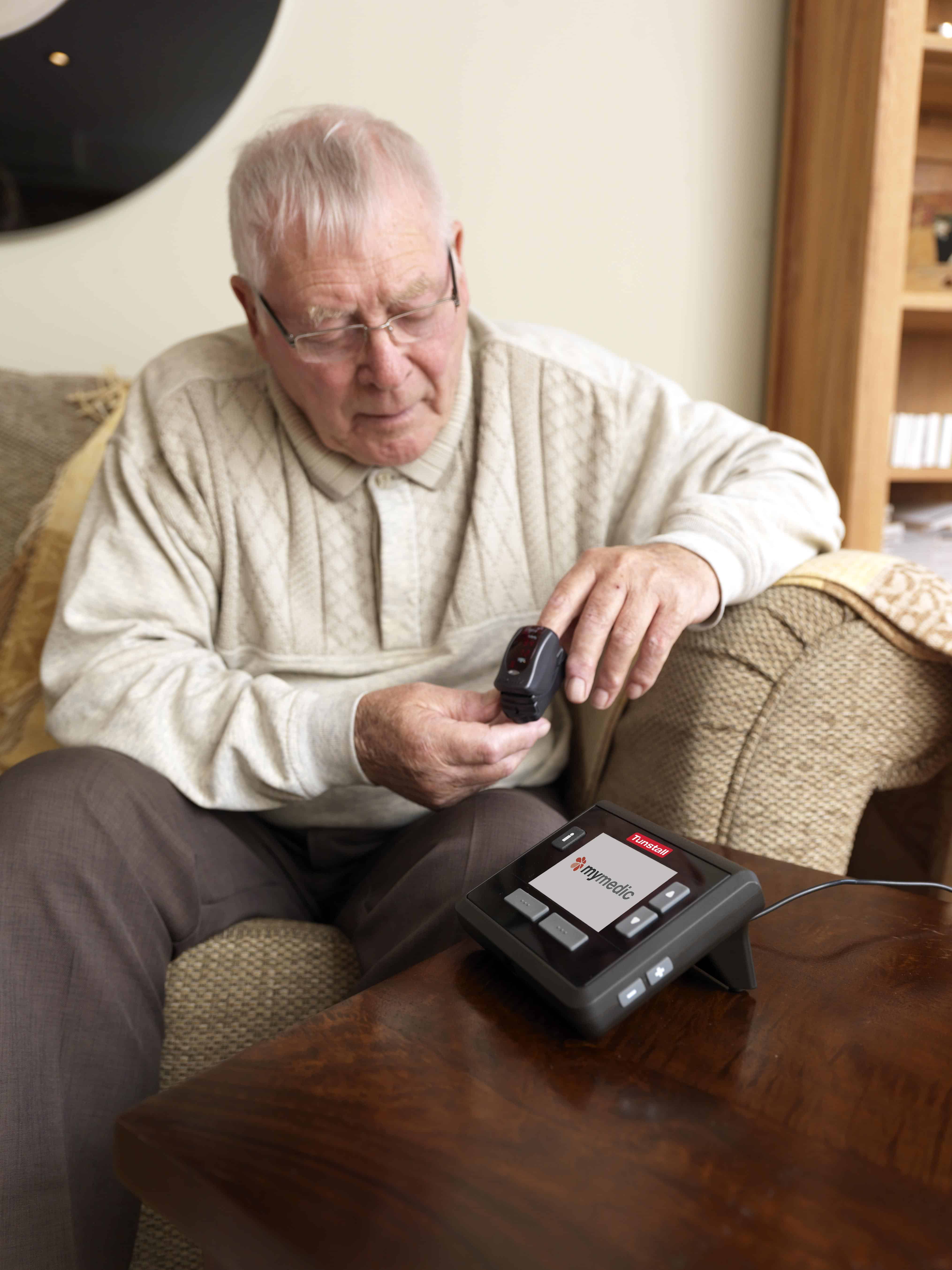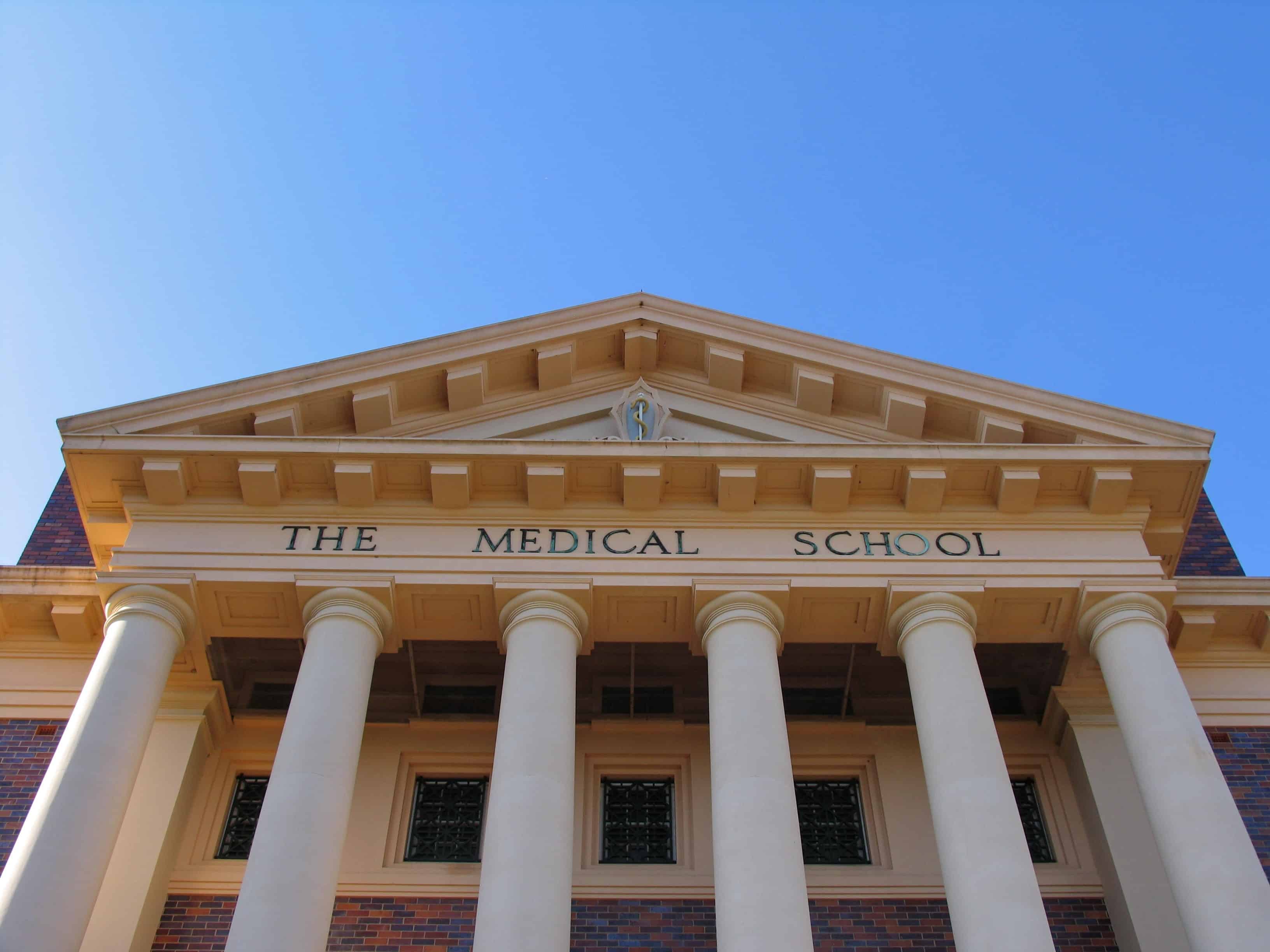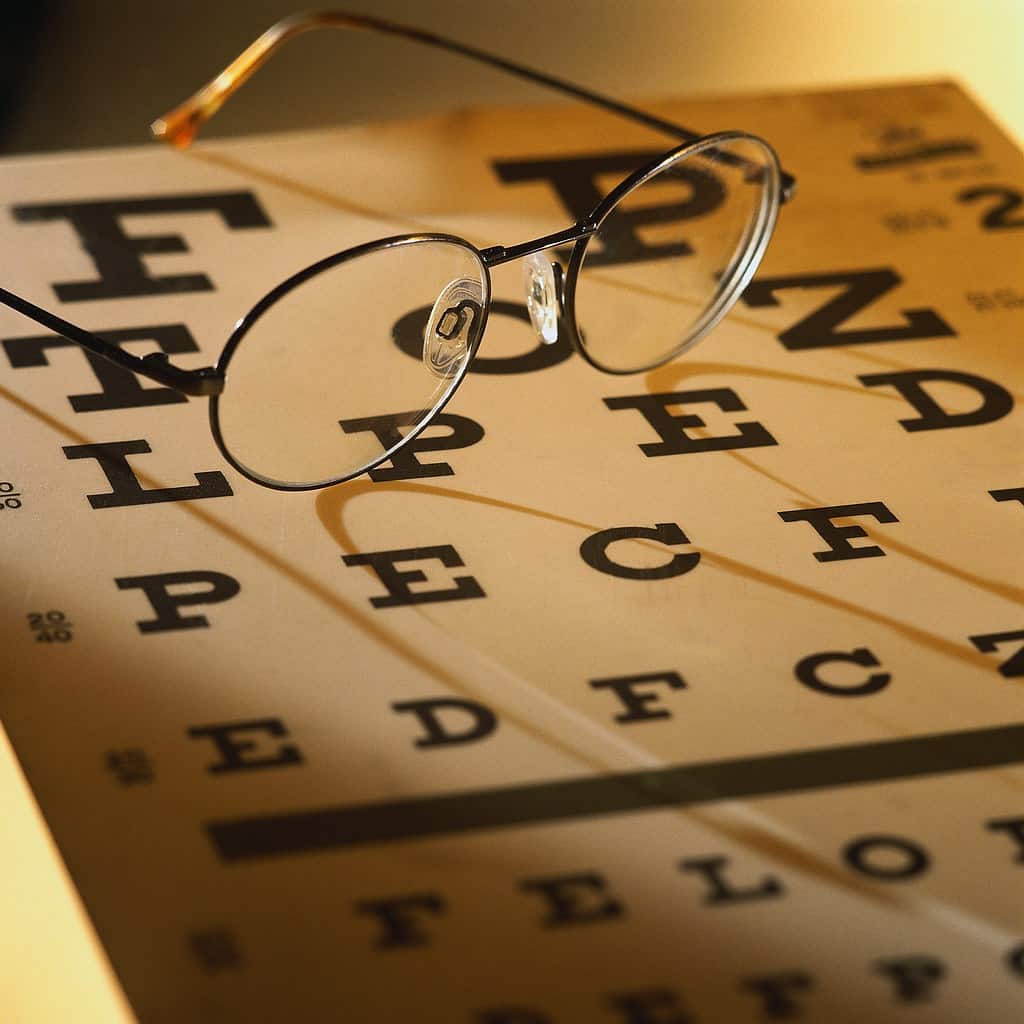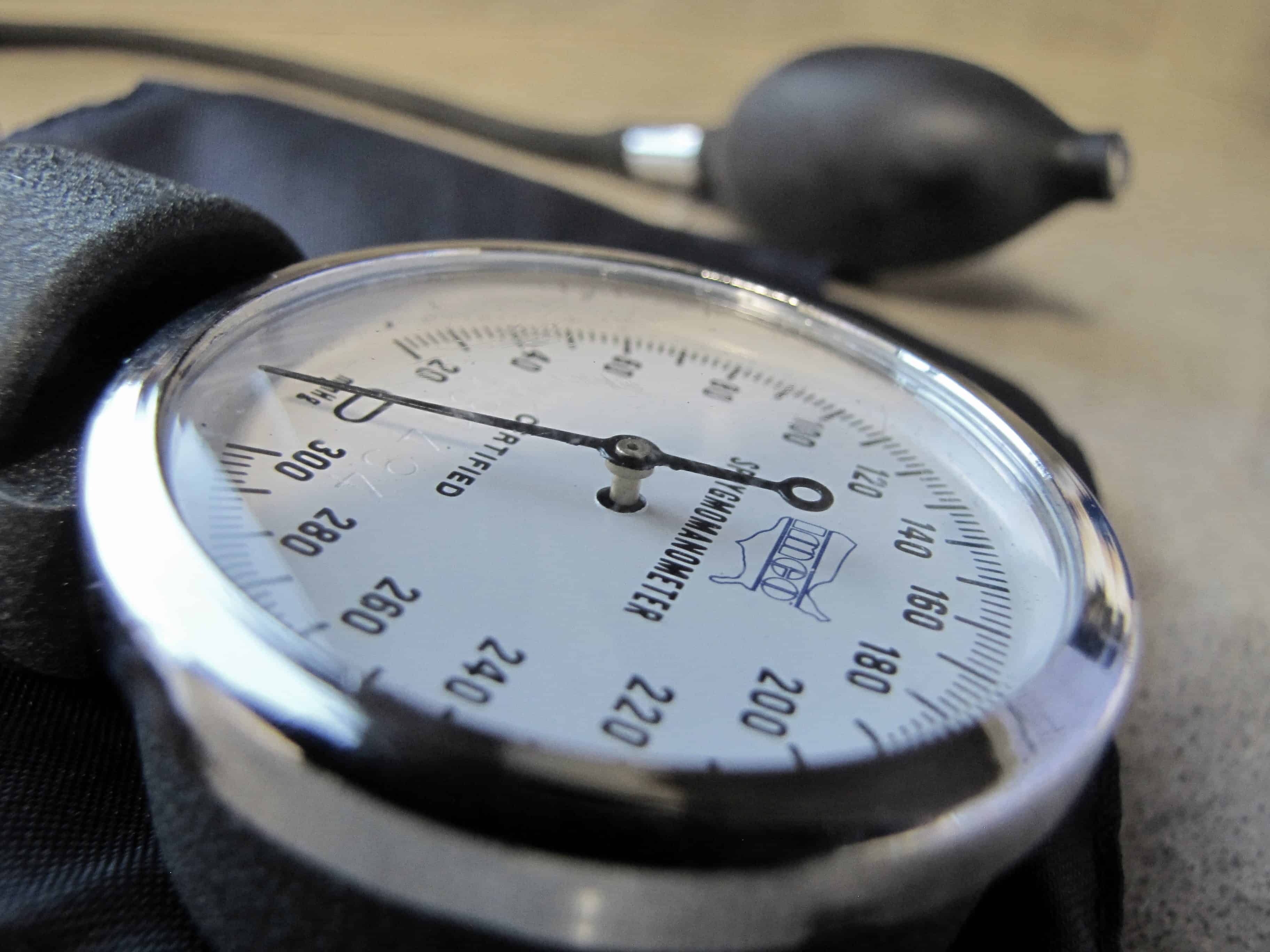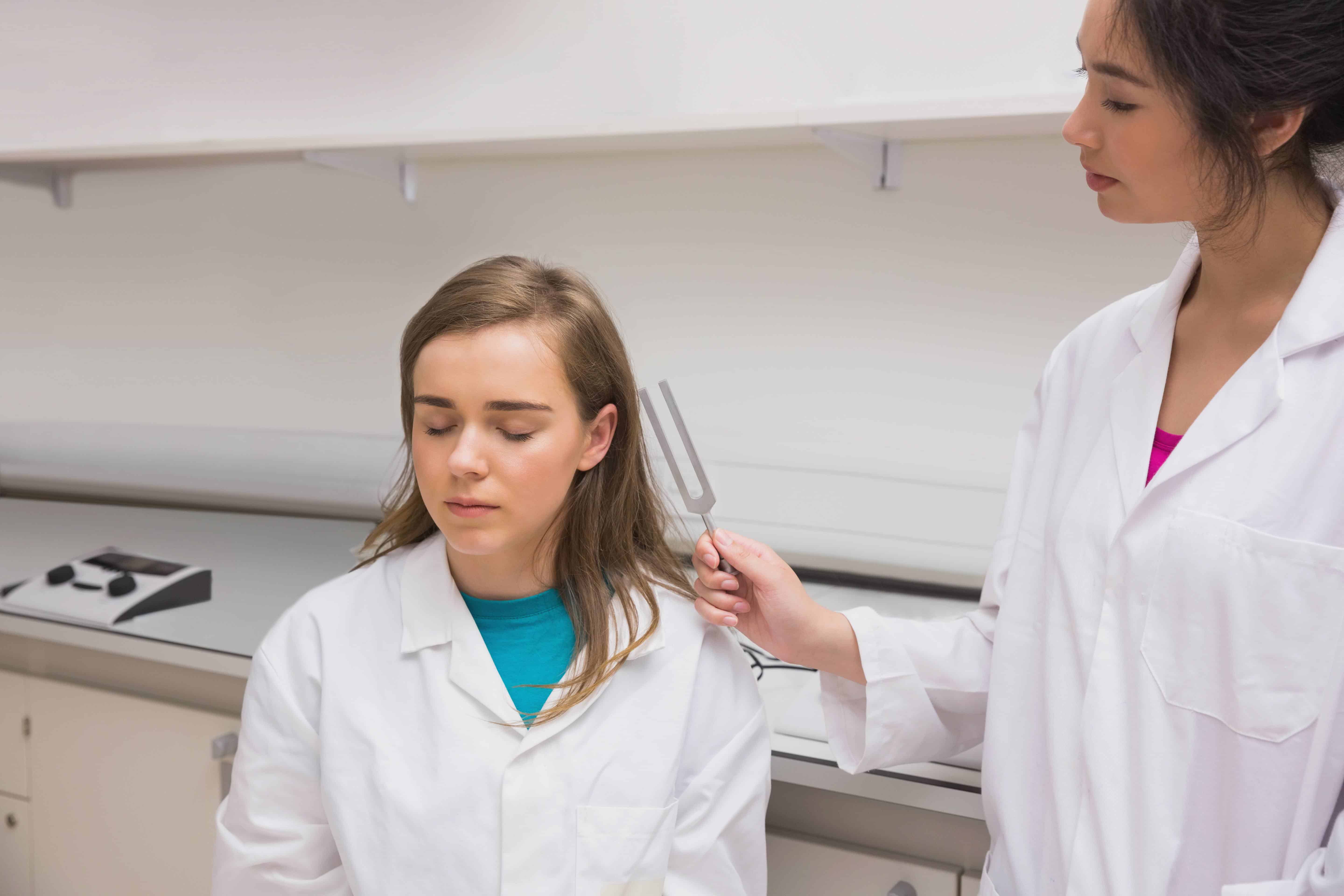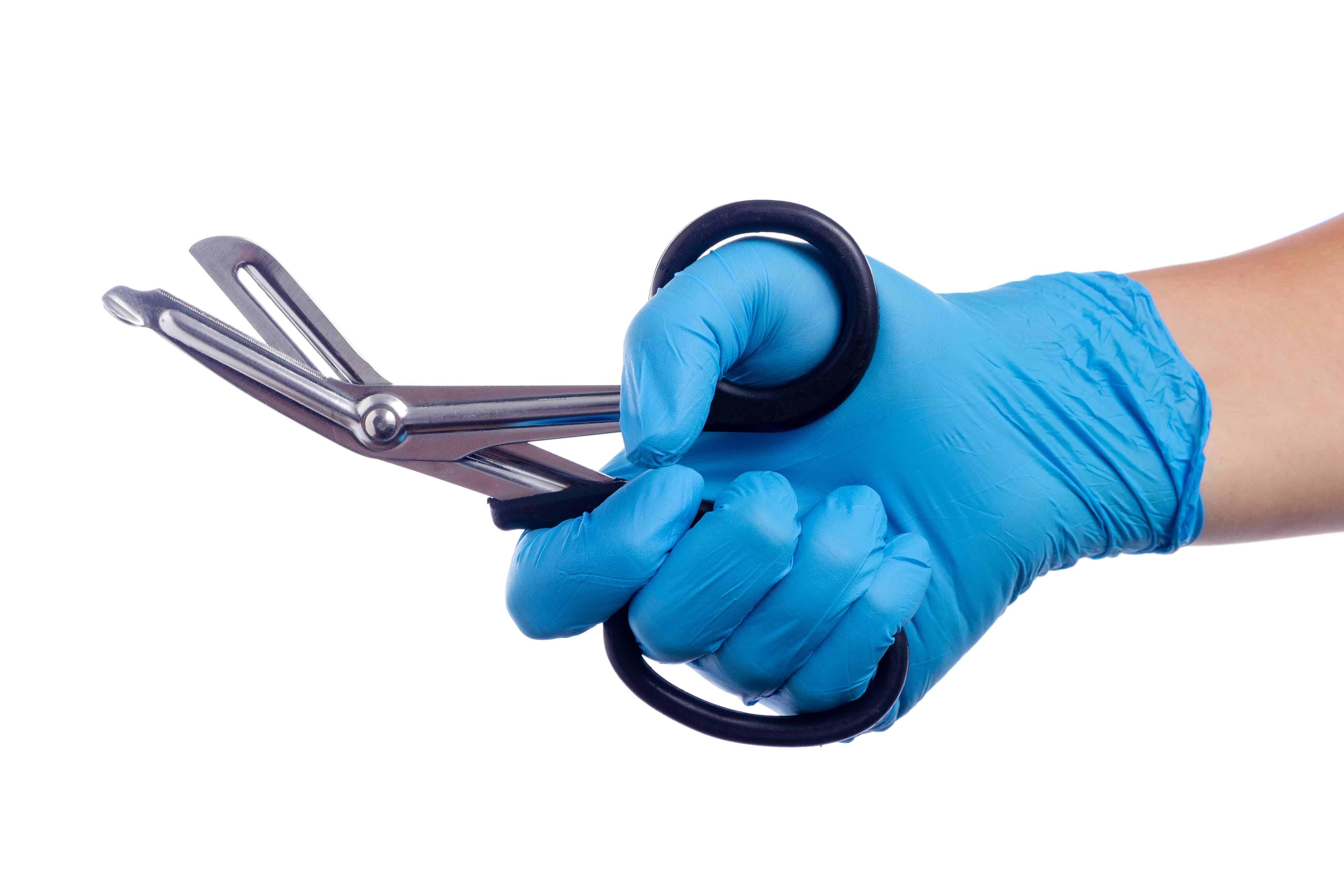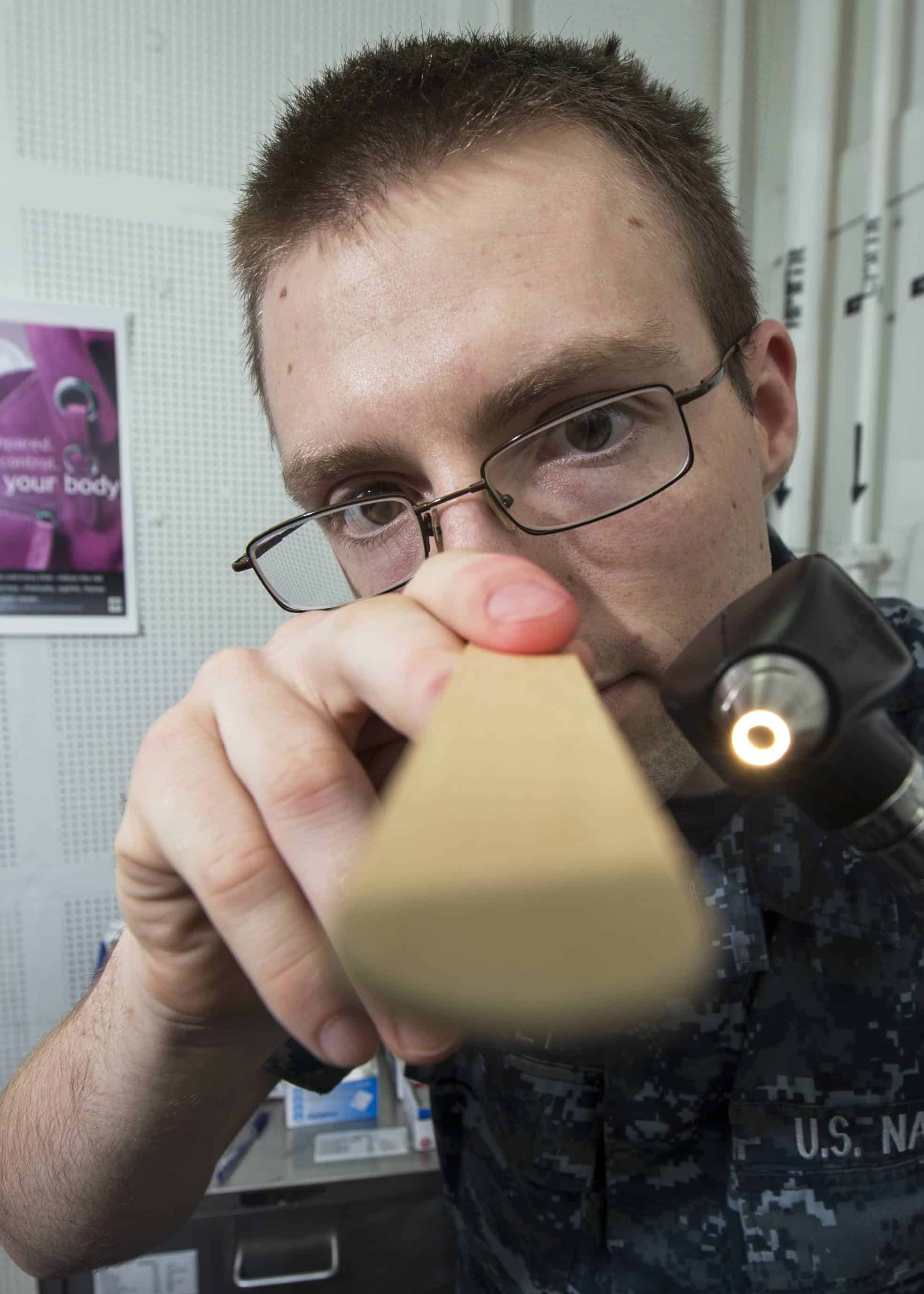
Source: Flickr
If you’re wondering how to get into medical school, then you join the ranks of many applicants who fail to have their applications accepted. You can try to do everything right, but still wind up not being accepted, and that can be quite frustrating. Here are the general requirements and prerequisites you’ll want to look at during the application process so that your chances of acceptance can be maximized.
- You must submit documents that are composed well. Doctors might have a reputation for bad handwriting, but that doesn’t mean a medical school wants to see an application that is poorly composed. If you are applying to a competitive school, then the quality of your written content in the application will make or break your chances of admission. The Princeton Review offers some excellent advice to help you know how to make your medical school application stand out.
- You must have a strong academic profile. For many medical schools, if your grades or your MCAT® score does not meet a certain threshold, then you will be automatically rejected. According to Dr. Jessica Freedman, the general rule of thumb for medical school admission is an undergraduate GPA of 3.5 with a strong performance in the sciences. An MCAT score of 30 is also considered to be the threshold score. If your grades or scores or lower, then you may be able to counter with a more rigorous academic course load, undergraduate school reputation, or even an upward grade trend in the final 1-2 years of your first 4 year degree.
- There must be a good letter of reference. If your grades are solid and your MCAT score is good, that can still not be enough to get you into medical school. Nearly 50,000 students apply to medical schools in the United States every year and only about half manage to actually be accepted. One of the things you’ll want to ask for is a letter of reference from someone within the medical field. How do you ask someone for a good letter of reference? It starts with asking for an individualized letter instead of a form letter. From there, MedEdits has put together some solid advice to help you get started.
- You need to have some sort of clinical experience. No one is expecting a medical school applicant to have worked for years as a physician’s assistant in a local hospital. What you can do, however, is shadow your family doctor on rounds for a few weeks. You can volunteer time at a local free clinic. You can attend or organize networking events for local physicians. Medical schools want to see you already wanting to spend time within this field on an application because this shows a level of commitment to the education you’re wanting to receive.
- You submit your application later than others. The first day of accepting medical school applications is usually right around June 1 each year. It generally takes about 6 weeks for an application to be reviewed. This is especially true if you’re using an application service like the AMCAS to submit your materials. If you can submit your application right around this opening date, then you’ll be able to have a verified application submitted and reviewed in a smaller pool of candidates than if you wait until the final deadline.
- You must pass an interview. Reaching the interview stage of a medical school application isn’t a guarantee that you’ll be accepted. Although a certain level of nervousness is always expected, schools are looking for applicants who can bounce back from the initial butterflies to demonstrate their interpersonal and emotional intelligence and skills. There are different types of interviews, but most schools still use a one-on-one interviewing process to screen out candidates. Ace this interview by avoiding these 6 common mistakes presented by The Student Doctor Network for best results.
- You must keep going. Because medical programs are highly competitive, there are many students who are rejected each year even though they are outstanding candidates. Don’t give up. Keep applying until you receive the acceptance you’re seeking – even if that means taking the MCAT again.
Getting into medical school today is more about the quality of your work and your proficiency in your coursework than it is taking specific classes. Although the sciences should be a strong part of your education, it doesn’t have to be the only thing you take. Follow these tips and you’ll be able to create a strong argument for yourself that you belong in medical school.

